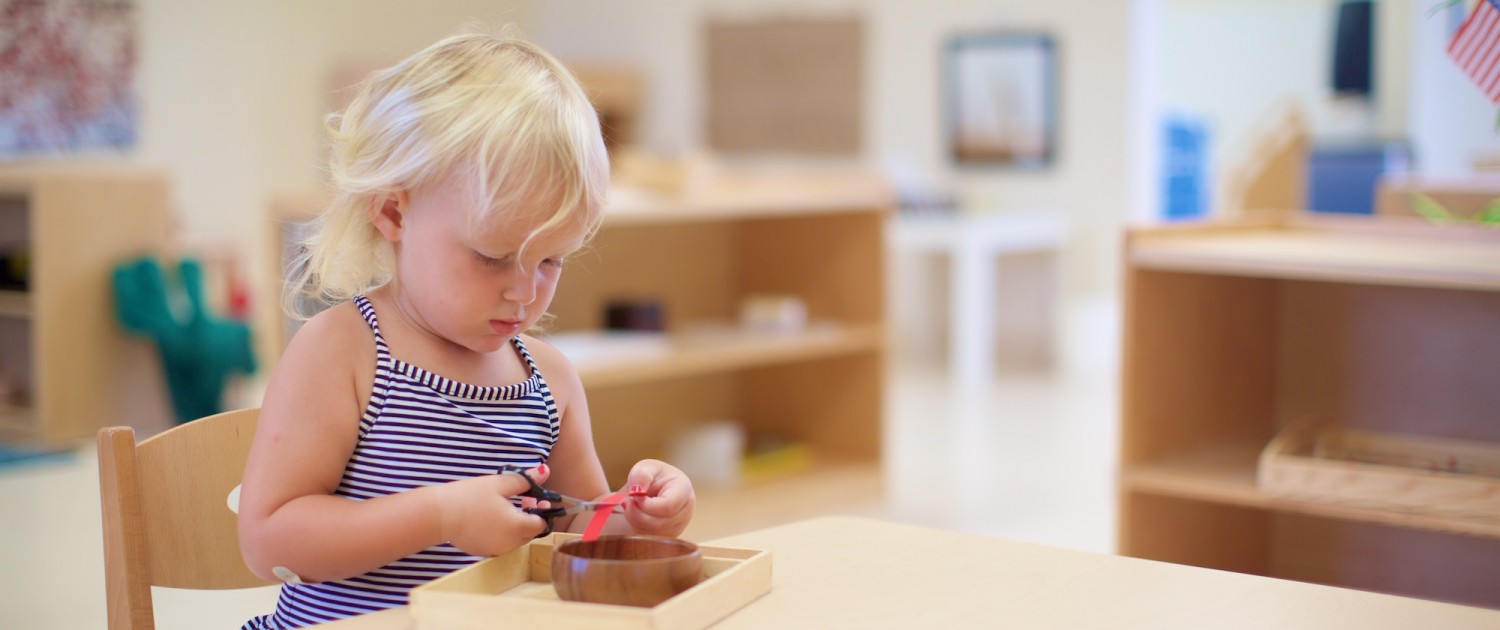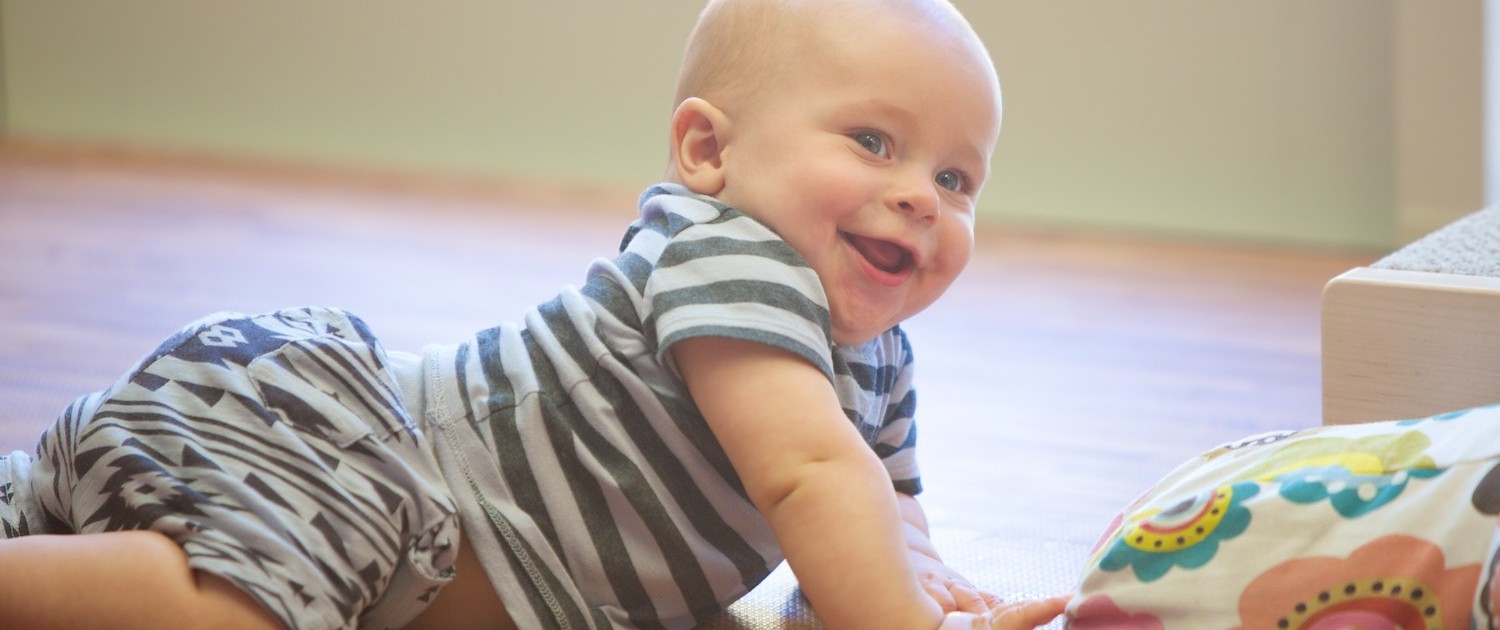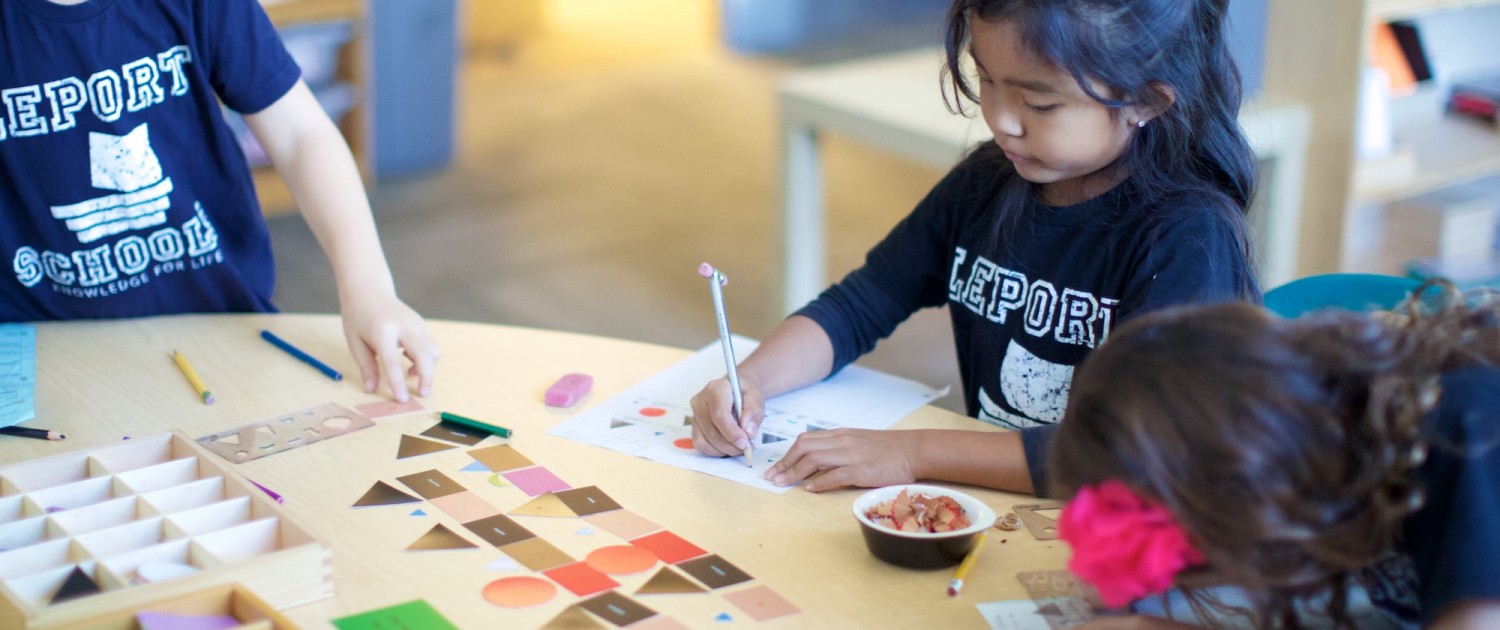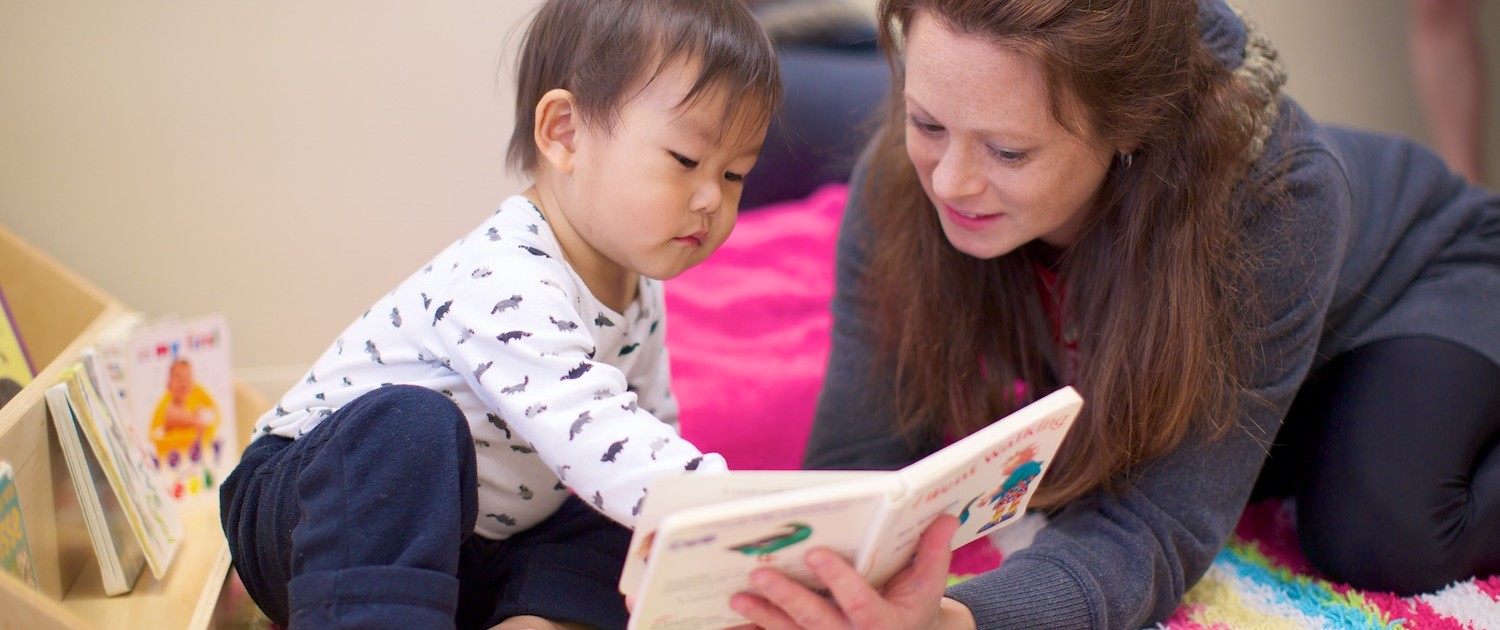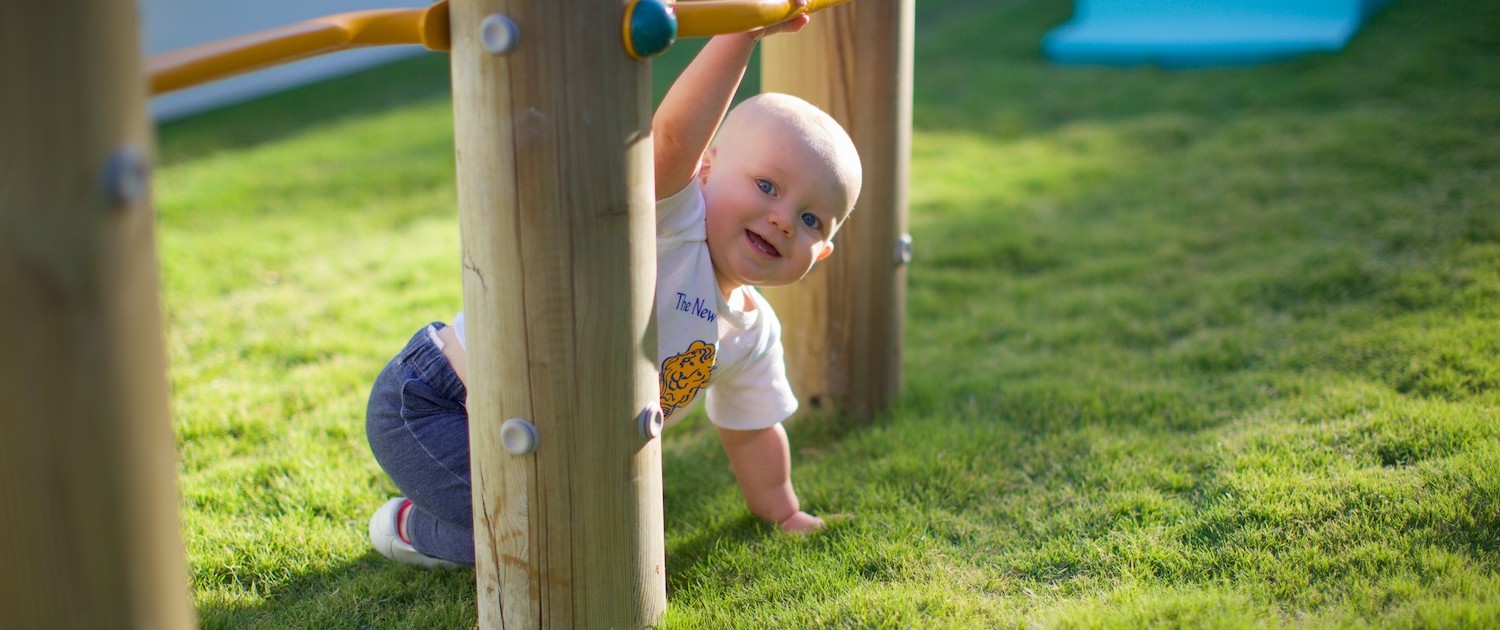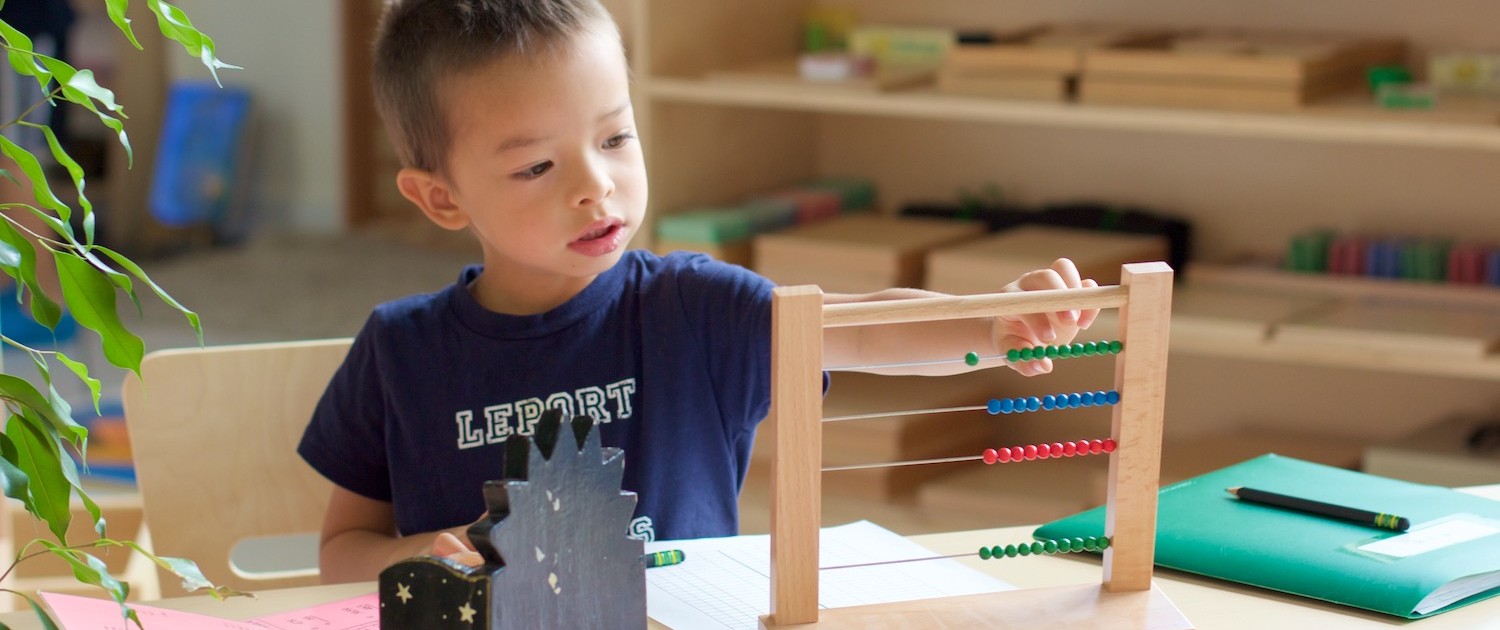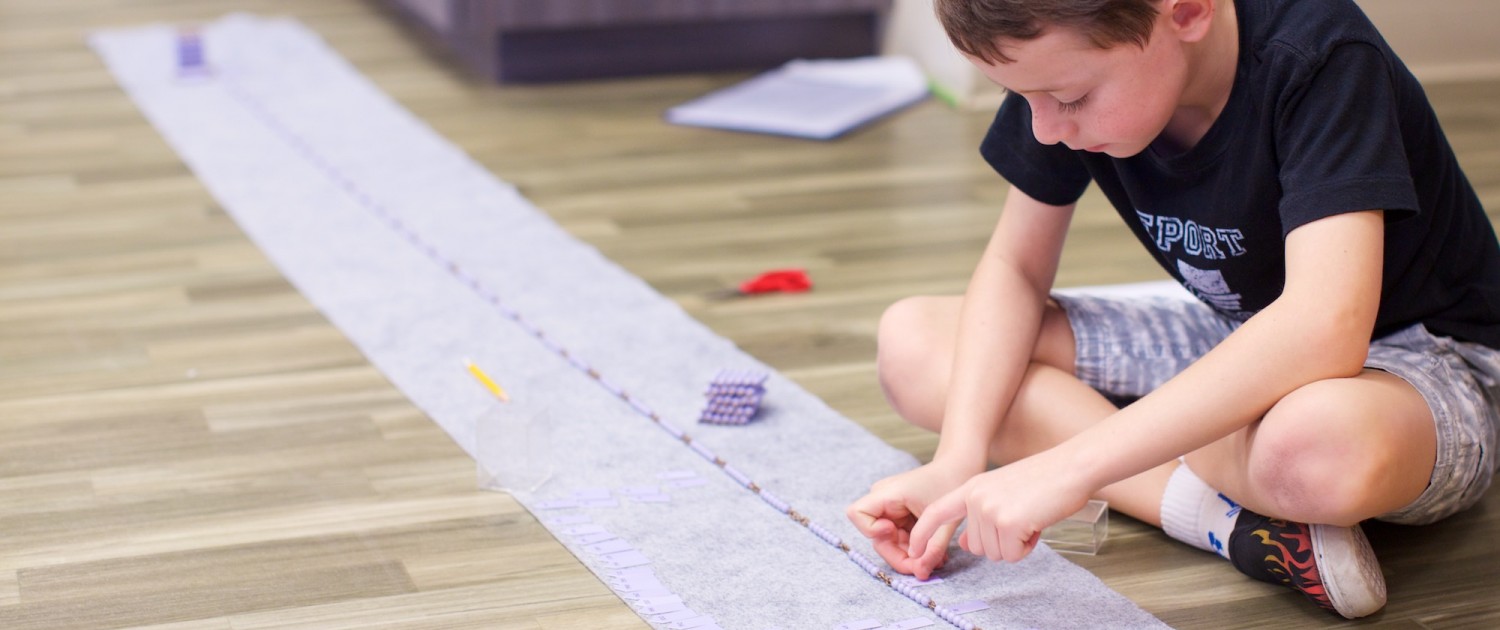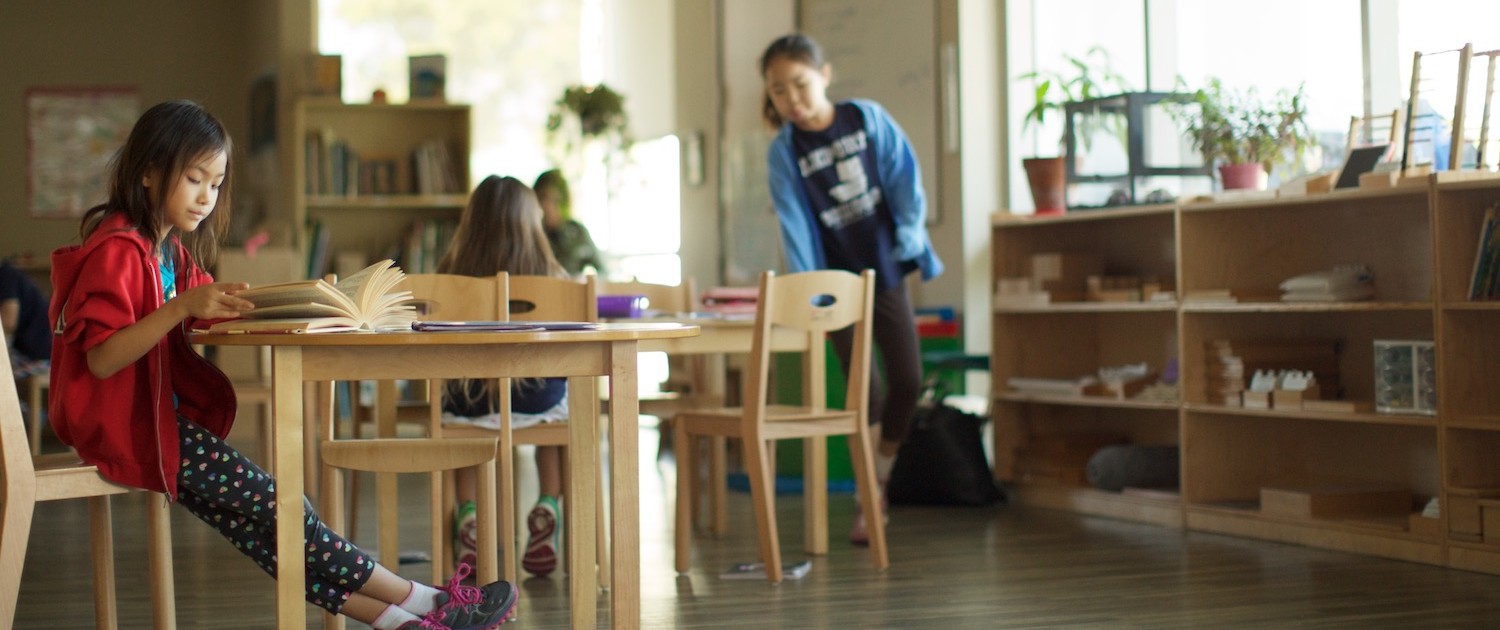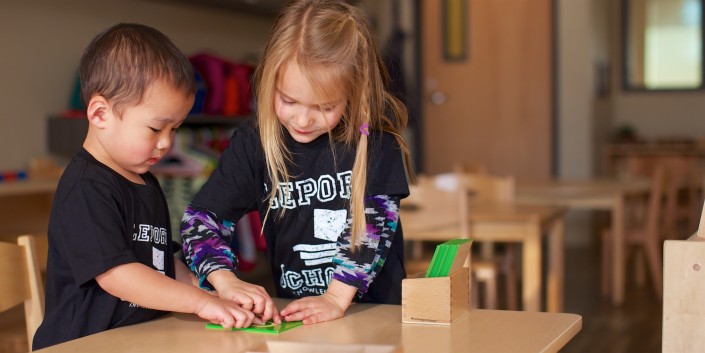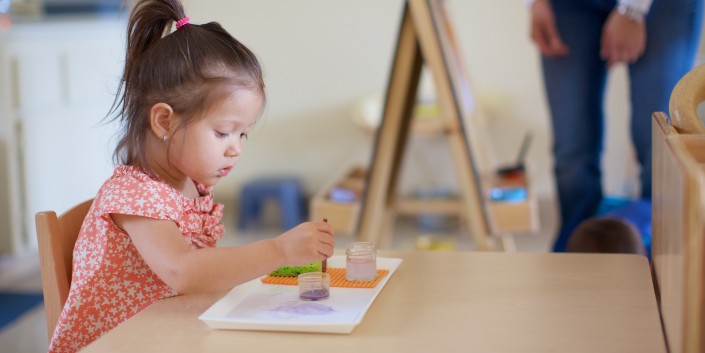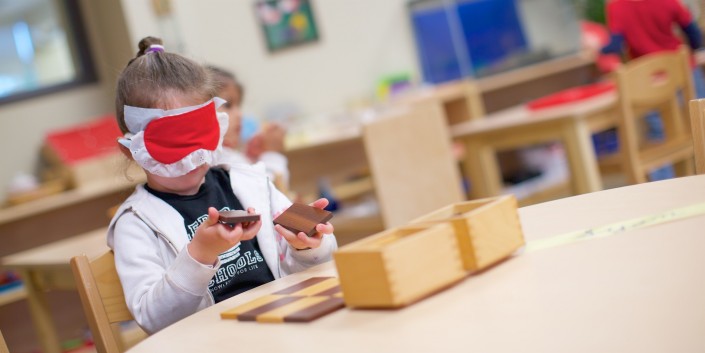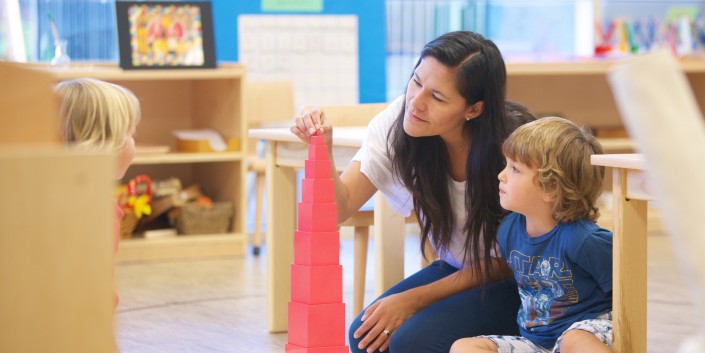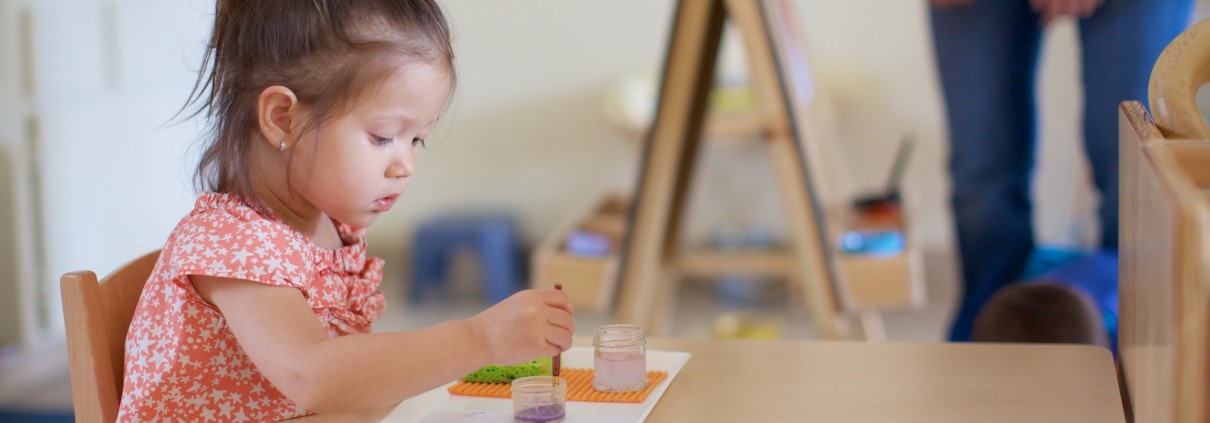The Montessori Difference
When parents first reach out to us, many have heard of Montessori education, but don’t fully understand it. They often ask, “What exactly is Montessori?”, “Are all Montessori schools the same?”, and “Why do children have so much freedom in your classrooms?”.
One of the most important things about a Montessori education is the focus on independence. The children are encouraged to do things on their own, like choosing their work, cleaning up, and solving real problems. This helps them feel proud of themselves and builds their confidence. They are taught to respect each other, their teachers, and their classroom space.
There are many Montessori schools around the world. However, not all of them adhere to Dr. Montessori’s principles. An authentic Montessori school, like LePort, sticks to these ideas. They make sure children learn in a way that builds both their academic and life skills. Research shows that true Montessori programs help students perform better in many areas compared to traditional schools. Montessori students typically have stronger math and reading skills, build a stronger vocabulary, and learn how to solve social problems by working with others.

